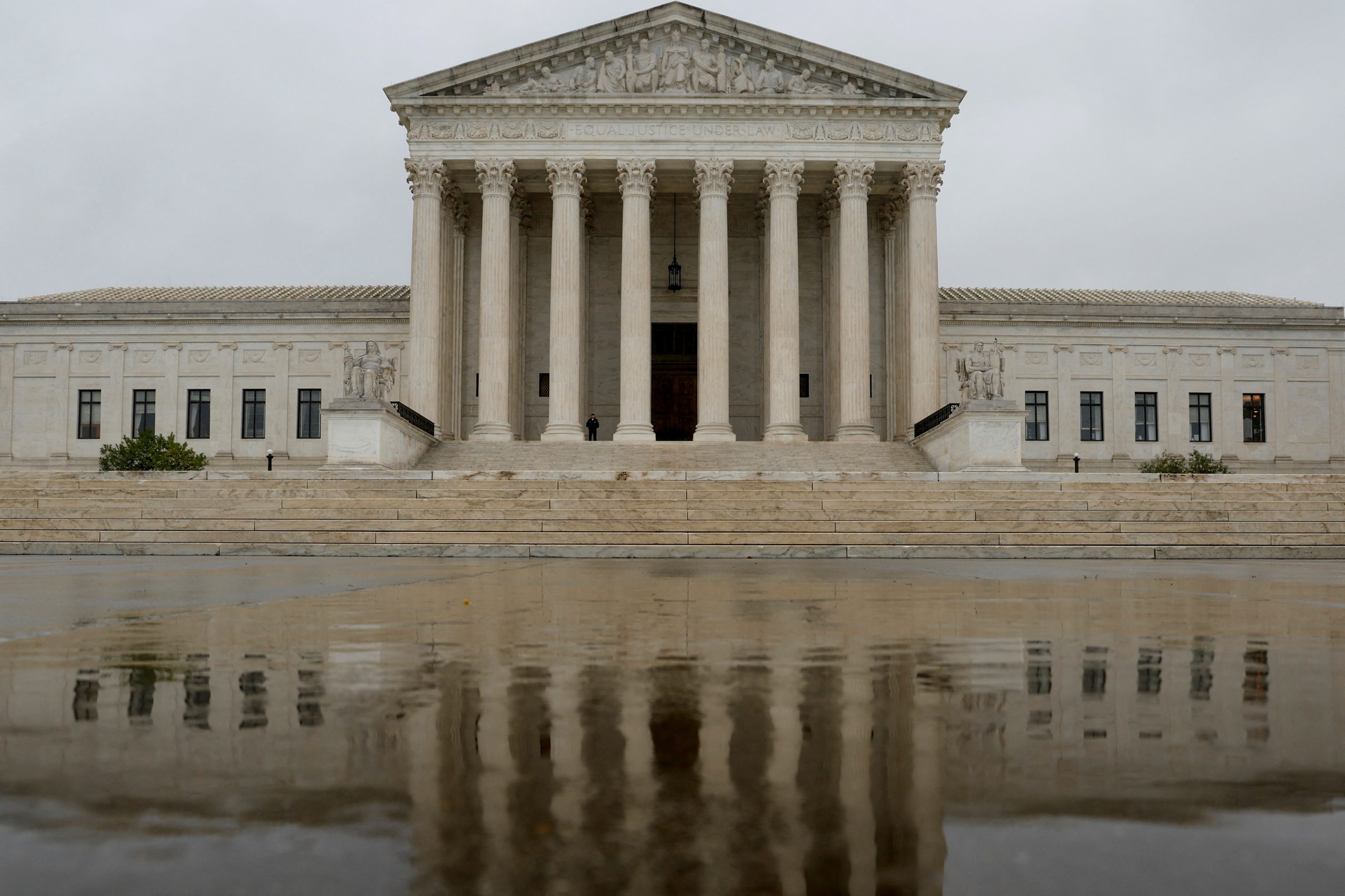
Willie R. Tubbs, FISM News
[elfsight_social_share_buttons id=”1″]
The Supreme Court on Wednesday brought the concept of state-level redistricting, and by extension the notion of federal electoral processes, to the forefront of U.S. jurisprudence.
Unlike Monday, when it was clear to reasonable observers the court was leaning toward the right in a religious freedom case, it’s less evident what the outcome of Moore v. Harper will be.
In the broadest terms, the case is a test of how the state districts used in federal elections are redrawn by state governments and who else, if anyone, can intercede in the process at the state level. Much of the case centers on the court’s interpretation of the Elections Clause of the Constitution.
Last year, the North Carolina Supreme Court struck down a proposed congressional map, saying the districts had been gerrymandered.
The state legislature has argued that state courts have no authority to overturn redistricting decisions made by lawmakers with regard to federal elections. However, the legislators argue that state legislatures have a singular role to play in the process and have been given the authority to veto federal elections in their states.
“We’re not asking this Court to second-guess or reassess [the state supreme court],” David Thompson, the legislators’ attorney, said during oral arguments. “We say take the North Carolina Supreme Court’s decision on face value and as fairly reflecting North Carolina law, and when one does that, we see that there’s a violation of the Elections Clause, and — and that’s why we’re here.”
North Carolina’s legislators, the majority of whom are Republican, are leaning on the concept of an “independent state legislature,” a legal theory that the U.S. Constitution delegates the authority to regulate federal elections to state lawmakers without offering the ability to state courts or even the state constitution to offer checks and balances.
This argument has not proven universally popular with the justices.
Justices Amy Coney Barrett and Brett Kavanaugh, the latter of whom has been a frequent and favored target of leftist criticism, gave some indication that they did not believe the Constitution gives quite that much authority.
Barrett and Kavanaugh were joined by Chief Justice John Roberts in their conjecture, meaning there is a chance the lawmakers’ case will fail by a vote of 6-to-3, but it would be a wild overstatement to say Barrett, Kavanaugh, or Roberts was resolutely for or against the case. Each asked questions that suggest they might be swayed in favor of the legislators.
The court’s liberal justices, by contrast, were quite passionate in their desire to protect a state courts’ ability to strike down district maps and said ruling against the courts would lead to widespread abuse.
Justice Elena Kagan said a ruling in favor of the lawmakers would lead to the “most extreme forms of gerrymandering” and “all manner of restrictions on voting.”
Justice Samuel Alito, however, offered a more optimistic prediction and pointed to the authority that the federal government maintains over federal elections, a concept that is not being challenged in this case.
“Congress can come in, under any circumstances, no matter what we say the Elections Clause means, Congress can always come in and establish the manner of conducting congressional elections,” Alito said.
